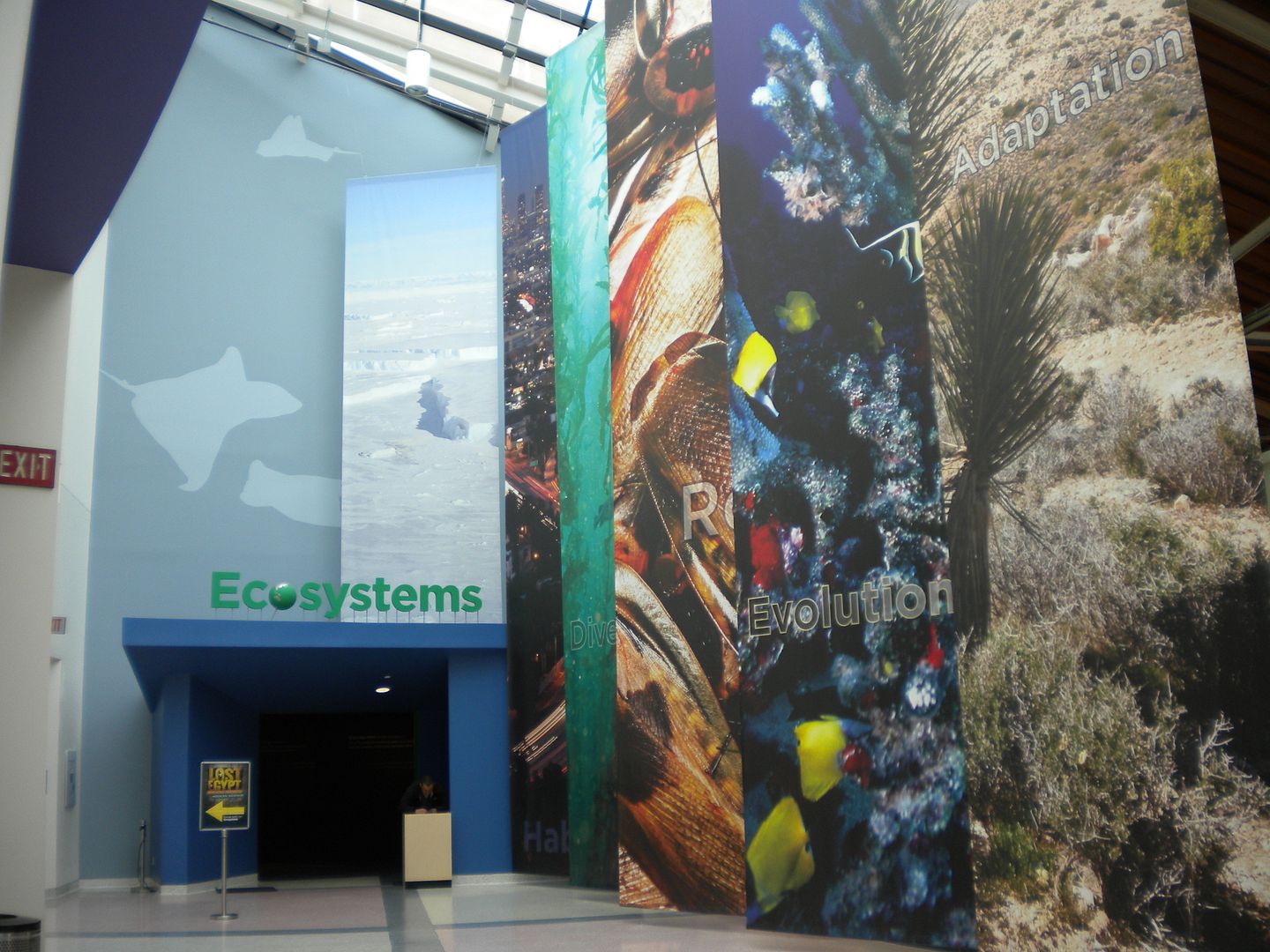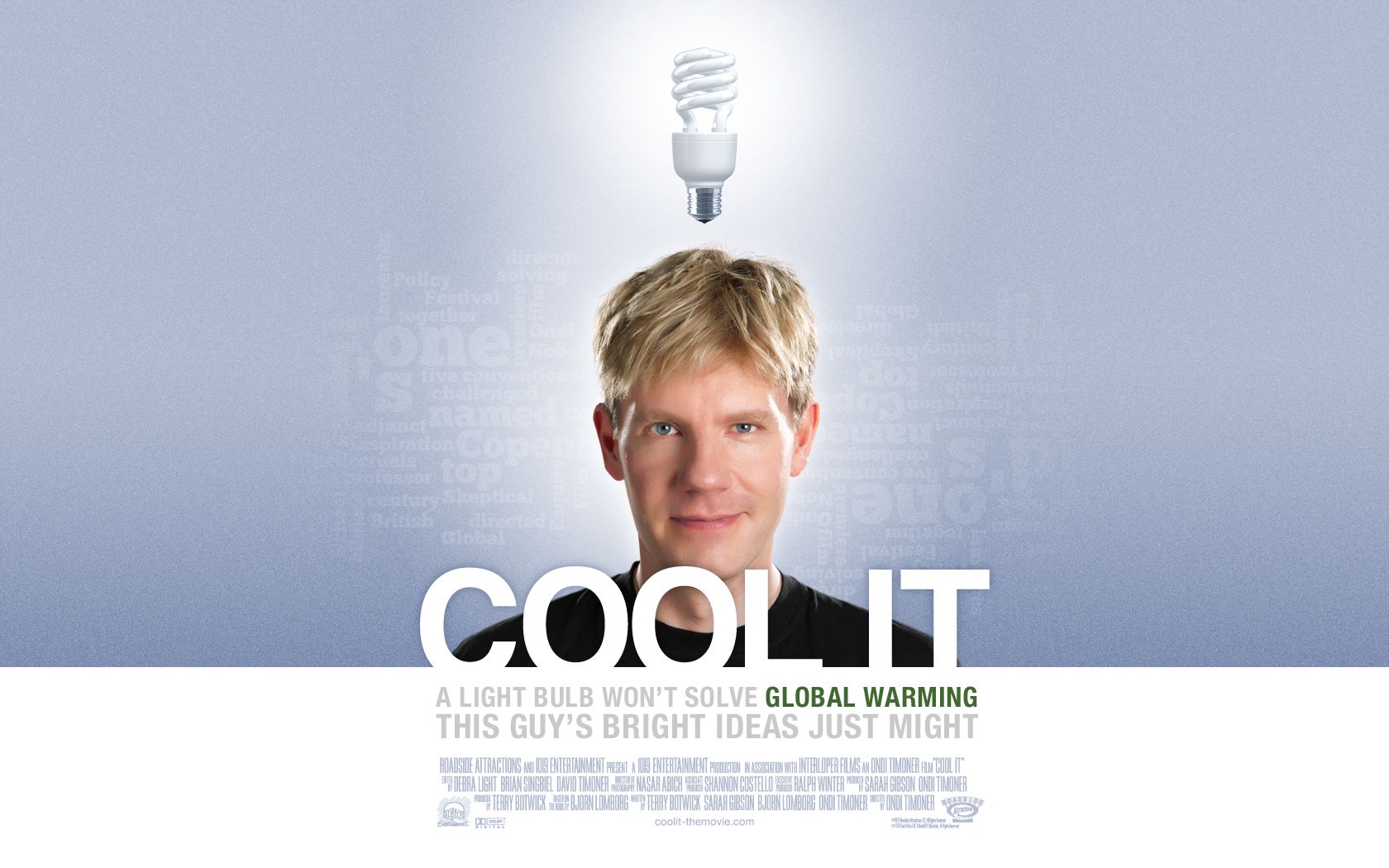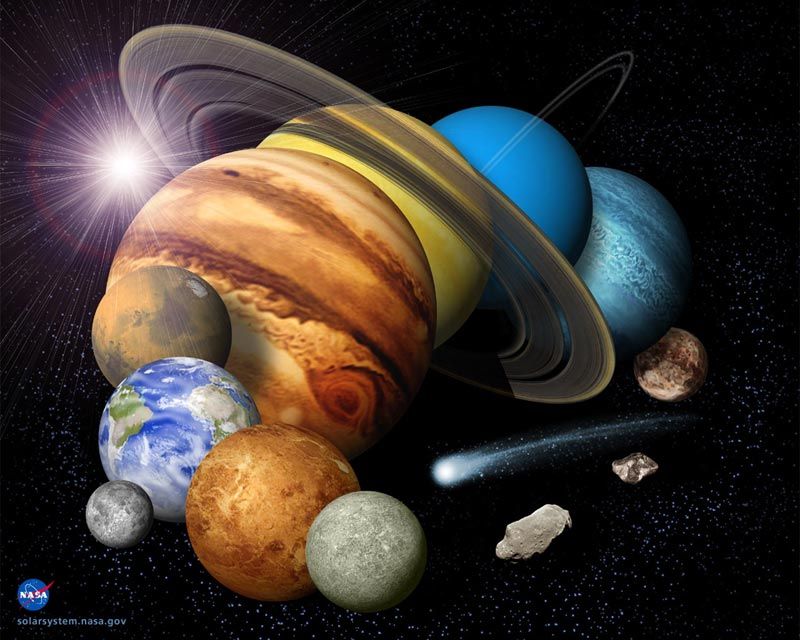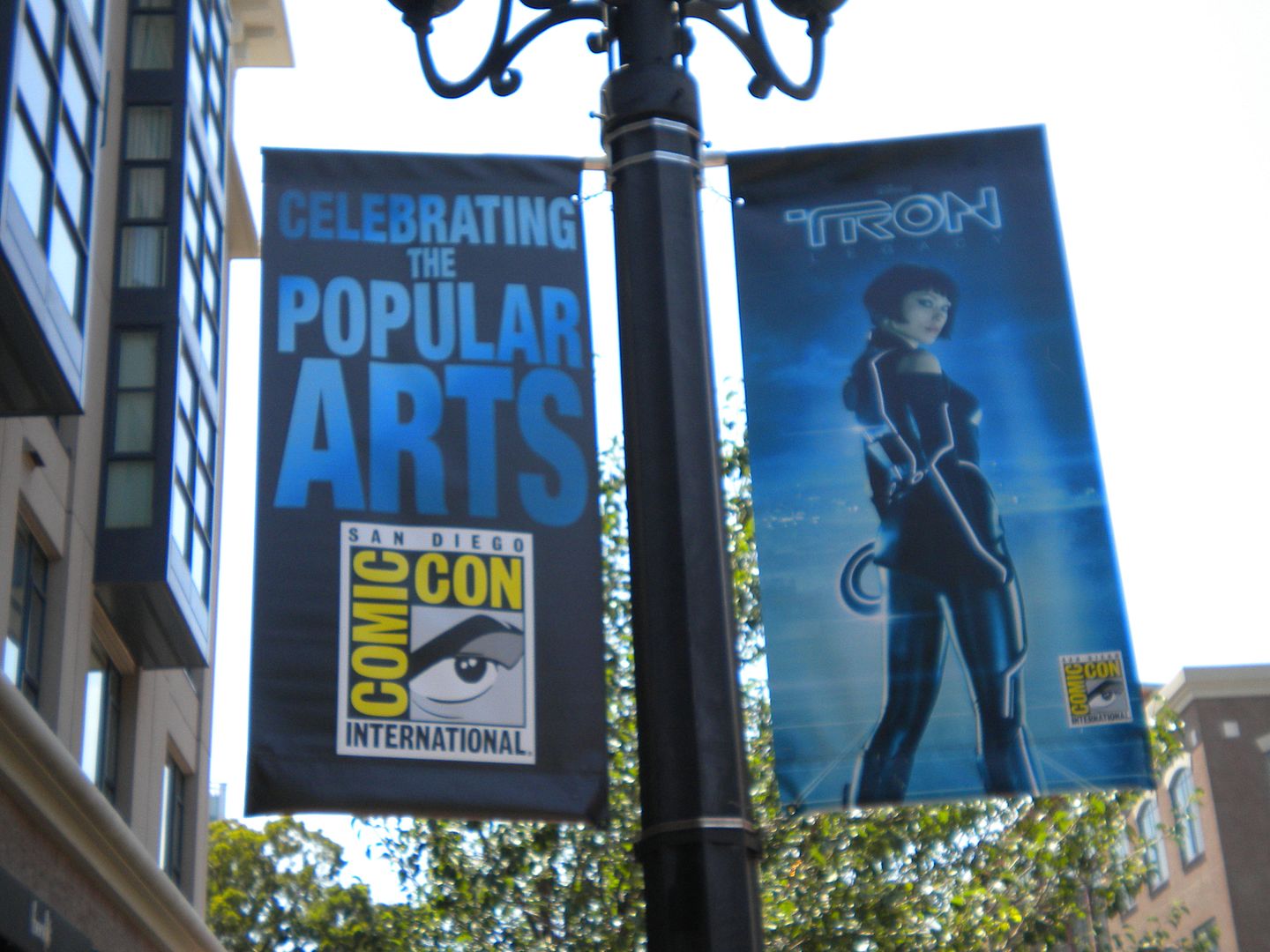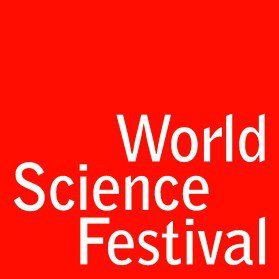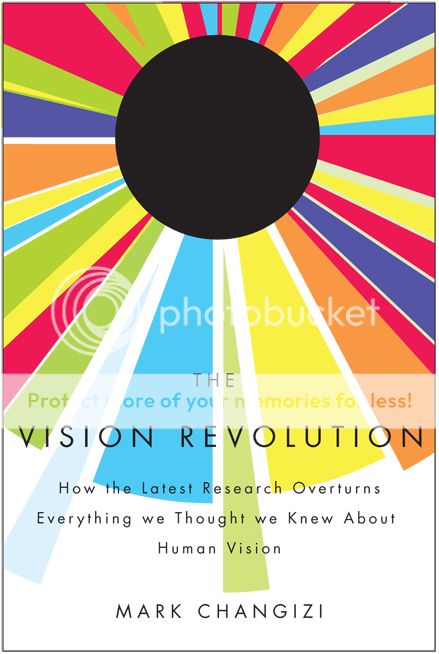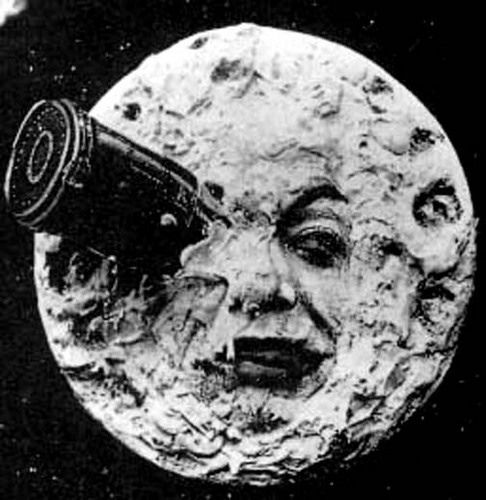
I was recently watching Wall Street: Money Never Sleeps, the sequel to the Oscar-winning 1987 financial cautionary tale. In the middle of a movie that had nothing to do with science, the lead character started explaining the financial investment potential of a national research facility loosely based on the ultra-exclusive National Ignition Facility in Livermore, CA (which ScriptPhD.com was fortunate to visit and profile recently). The film did such an impressive job of explaining the laser technology being used in real life to harness endless quantities of energy from a molecular fusion reaction that it could have easily been lifted from a physics textbook. Translating, explaining and visually presenting complex science on film is not an easy task. It got us to thinking about some of the greatest science and technology moments of all time in film.
In no particular order, with the help of our readers and fans, here are ScriptPhD.com’s choices for the Top 10 gamechangers of science and/or technology cinematic content that was either revolutionary for its time, was smartly conceived and cinematically executed, or has bared relevance to later research advances.
Continue reading Top 10 Science and Technology Game Changers in Film
